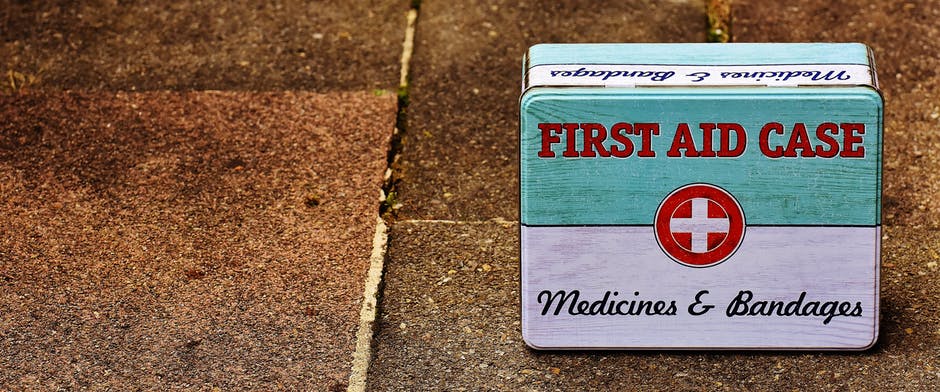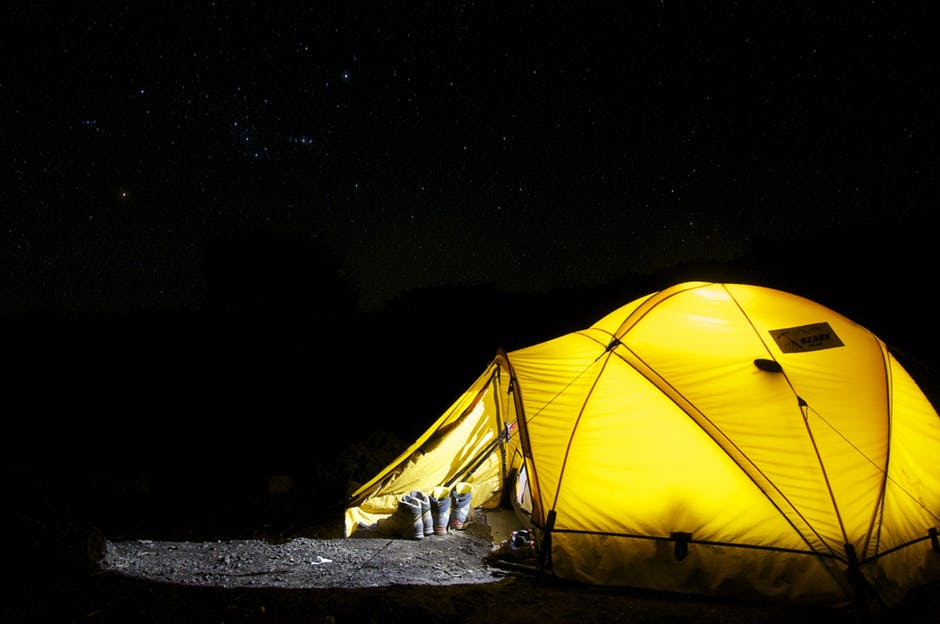OPINION: “Resilience” is one of those concepts that are much discussed and spoken about these days. Resilience is the ability to withstand unexpected events and still carry on with something approaching a normal life until things either return to normal or become a part of the new landscape of your life. Unexpected events could include earthquakes, severe storms, flooding, tsunami, fire and so on. An unexpected event that most people don’t think about but probably should is an unexpected epidemic, e.g. of bird flu, which closes the local hospital and makes it important to avoid contact with infected people.
Unexpected events could include earthquakes, severe storms, flooding, tsunami, fire and so on. An unexpected event that most people don’t think about but probably should is an unexpected epidemic, e.g. of bird flu, which closes the local hospital and makes it important to avoid contact with infected people.

Resilience should be considered at several levels, but the highest level at which there is likely to be a personal impact is from the infrastructure supporting your community; including the networks for electricity (and maybe gas), water, sewage and communications. I believe the first step in achieving a resilient lifestyle is to consider the infrastructure and those networks and figure out what you would do if they became unavailable either for a while or permanently.
For some people, their approach is not to rely on this infrastructure at all but to have a completely independent lifestyle. But for most people, the public infrastructure is an important part of life. Achieving resilience at this level is something many will have considered after the three recent earthquakes at Christchurch, Kaikoura and Seddon and also consequential impacts in Wellington. Floods are also something that most people are very conscious of.
Are you prepared?
Most people know that ideally large moveable objects, e.g. your hot water cylinder, and large TV, should be secured to the wall; and know that it is desirable to store bottled water, means of sterilising the water, dried or canned food, first aid supplies, a torch, candles, matches and so on.
 There are also normal household supplies that should be kept at a good level i.e. not allowed to run out – basic things like toilet paper and soap.
There are also normal household supplies that should be kept at a good level i.e. not allowed to run out – basic things like toilet paper and soap.
Fortunately, BBQ-ing is a way of life for many New Zealanders so most will have an alternative means of cooking available (the gas BBQ) if the power supply fails. But remember to keep a full bottle on hand as a spare. It probably won’t be possible to take a trip to the local petrol station to get a refill.
An important part of resilience to is to keep your vaccinations up to date. When the infrastructure collapses disease is usually not too far behind.
A basic consideration is a shelter and it is important to figure out how you can stay dry and warm if your normal accommodation becomes uninhabitable. This is one area where neighbourhood connections can be important, and if you have lawn space, that tent you use for camping at times might come in handy. If you use electricity for heating, think of other ways to keep warm if the power fails. A good option is a simple LPG gas heater’.

A truly resilient lifestyle – how you can make a plan
A truly resilient lifestyle goes even deeper. A good starting point is to sit down with a pen and paper and just list all of the activities that go to make up your normal life. Rather than just think about a usual day, it is a good idea to also think about a typical month so you pick up important activities that occur occasionally rather than every day.
Having made up the list there are two critical questions to ask in each case
- Is this activity important to me or could I just do without it if necessary? Activities in the latter category can be put at the bottom of the list or on a separate list.
- Is this an important activity that I either need or do not want to be without? In those cases, you have to decide what you will do to make the activity possible if normal services collapse. Having figured it out, write out a list of responses so you have your response actions planned out in advance.
Entertainment seems like is a relatively trivial issue but needs to be considered. There may be circumstances where the power is out and neither TV nor radio are available. One solution is to keep a store of old fashioned board games and cards, and a good library of books to read is a handy fall-back.
Communications and transport are likely to be the most difficult activities to cover. It’s possible that both land line and mobile phones will be out in which case other ways of keeping in touch need to be considered. Some of the options for this sound a bit ridiculous but might come in handy – especially if you live remotely – for example, access to a booklet on the Morse Code so that this can be used to enable line of sight communication.
 Have flares available so you can attract the attention of rescuers. The roads may well be impassable so make sure you have sturdy walking or tramping shoes available so if necessary you can walk out to make contact. If you have friends or family within walking distance, say less than half a day even under difficult conditions, it is a good idea to set up a meeting place where people can meet up or at least leave messages to be collected and/or replied to.
Have flares available so you can attract the attention of rescuers. The roads may well be impassable so make sure you have sturdy walking or tramping shoes available so if necessary you can walk out to make contact. If you have friends or family within walking distance, say less than half a day even under difficult conditions, it is a good idea to set up a meeting place where people can meet up or at least leave messages to be collected and/or replied to.
Although it is a bit fanciful at present it could be that the family “drone” will eventually be a great asset under emergency conditions – this can then be used to do a variety of things including reconnoitring the neighbourhood to identify the location of other people or ways to walk out, or to get out messages. If you live by the sea access to a boat is a very sensible precaution.
So, there you have an interesting menu of options to start with. But in the end, it is an individual right and responsibility to plan for those unexpected events and to decide just how resilient to be.
By Bas Walker
This is another of Bas Walker’s posts on GrownUps. Please look out for his articles, containing his Beachside Ponderings.









Join the Discussion
Type out your comment here:
You must be logged in to post a comment.